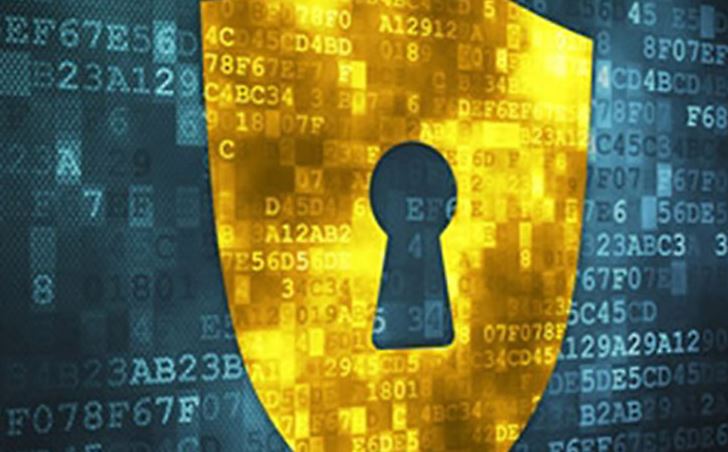Cyber Security
SummaryThere are ways to be safe with your money online, despite much of what we hear in the media about hackers and cyber crime. |
Many individuals choose not to conduct their financial business online, largely because of the perils inherent in conducting said business on the World Wide Web. It is commonplace to hear news about hackers compromising different systems or institutions; this makes the average individual wary, even if no identifiable information was stolen.
Fortunately, there are ways to prevent and protect personal finance information on the internet. This article will share some ways in which to do such.
Use Different Passwords and Change Them Frequently
It cannot be emphasized enough how important is for an individual to use different passwords on different financial sites. According to an April 2014 survey from Harris Poll, 25% of American internet users who have password-protected accounts use no more than three passwords in total. This is despite the fact that 56% of Americans have more than ten accounts requiring a password. It is imperative to use complex passwords-- at least eight characters, including uppercase and lowercase letters, numbers, and symbols-- on financial account sites.But, you may ask: how will I remember a bunch of different passwords? One solution is to use a password manager such as Dashlane. Another strategy is to use the first letters of words in a sentence that holds significance to you-- i.e "Bob went to the market to fetch eggs," would formulate "Bwttmtfe." (From here, you can always substitute certain characters for others.) Experiment with different solutions.
Review Financial Statements
| Related articles |
Check your bank account statements on a regularly basis—daily, if possible. You will want to verify that every transaction posted is accurate. It is important to do this regularly because criminals will frequently "test" you by charging small transactions before racking up bigger fraudulent charges. You want to catch the fraud before it escalates.
Don't Do All Transactions Online
Check your bank account statements on a regularly basis—daily, if possible |
Cash is also a solution in the sense that your personal information will never be associated with it. For the very concerned, crypto currencies such as Bitcoin, may be an option.
Subscribe to All Opt-In Notifications
Most credit cards and bank accounts offer alerts for when there is suspicious activity. Sometimes it'll be easy to opt-in, but other times it takes more effort-- you will have to look for said notifications.Some options allow for one to be emailed when a card is charged without being physically present, while others allow for a notification every time a card is charged. Many individuals look at constant reminders and notifications as being a nuisance, but they are very helpful in preventing fraud.
Shred Physical Statements
Although you can opt to have digital statements, physical statements are still commonplace. When and if you do have a physical statement, shred it before you throw it out. People will find account numbers and confidential information if you make it accessible.The World Wide Web era has brought many advances to the financial world, but it has also brought many more perils. It is much easier to access identifiable information should you not protect it, but measures can be taken to protect said info. It is all about being informed and smart, with which hopefully this article helped.
| By Lizzie Weakley | Embed |




0 comments:
Post a Comment